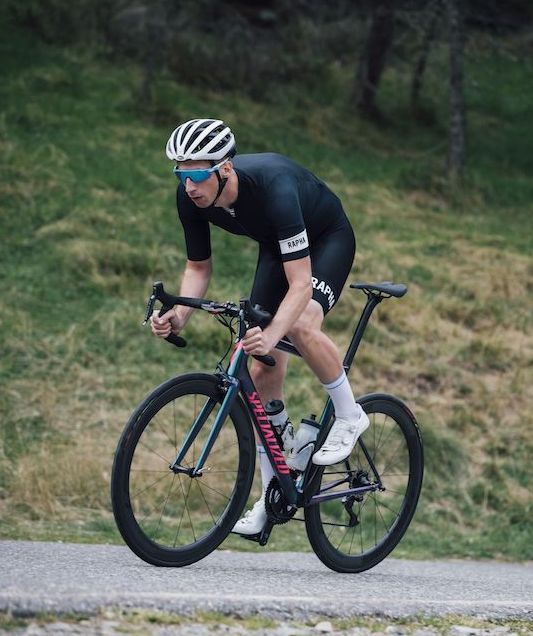WADA slams French TV micro-dosing doping experiment
Anti-doping authority criticises Stade 2 report that tried to demonstrate how athletes could avoid detection from the Athlete Biological Passport


The latest race content, interviews, features, reviews and expert buying guides, direct to your inbox!
You are now subscribed
Your newsletter sign-up was successful
The World Anti-Doping Agency (WADA) has slammed French television channel Stade 2 for its experiment into micro-dosing and avoiding detection from the Athlete Biological Passport (ABP), in which the organisation described participants as "human guinea pigs."
Stade 2 recruited eight amateur athletes and gave them small doses of EPO after undergoing a VO2 max test, a time trial on a static bike and 3km run. They were then tested again after the month of doping, with average improvement in VO2 max among the athletes at 6.1 per cent. The report also attempted to show that none of the athlete's would have been detected by the ABP.
Amateur runner Guillaume Antonietti, who took part in the study, said on the micro-dosing: "It's another planet, it's not human. It's very worrying when you think we only took micro-doses.”
>>> Jonathan Tiernan-Locke plans comeback from biological passport suspension
The report, which was broadcast on Sunday night, was allegedly conducted with the 'blessing' of WADA, however the organisation has denied this despite making the ABP software available for the report to use.
“The study does not accurately follow the Athlete Biological Passport guidelines, and therefore its relevance to the ABP is not entirely clear,” WADA director general David Howman said in a statement.
"WADA is aware of the television report that aired on France Télévisions yesterday. We would like to clarify that while we did make the Athlete Biological Passport (ABP) software available, we certainly did not “bless” or endorse the study, as has been suggested.
The latest race content, interviews, features, reviews and expert buying guides, direct to your inbox!
"The study does not accurately follow the Athlete Biological Passport guidelines, and therefore its relevance to the ABP is not entirely clear."
WADA also went on to warn athlete's not to take part in such studies in which they would be subjected to the use of performance enhancing drugs.
"In commenting on any study, it is first important that the findings are properly peer reviewed and published," the statement read, "this has not yet taken place with this study.
"Furthermore, WADA does not ever recommend athletes take part as ‘human guinea pigs’ in a study in which they would be subjected to taking performance enhancing drugs."
Follow on Twitter: @richwindy
Richard is digital editor of Cycling Weekly. Joining the team in 2013, Richard became editor of the website in 2014 and coordinates site content and strategy, leading the news team in coverage of the world's biggest races and working with the tech editor to deliver comprehensive buying guides, reviews, and the latest product news.
An occasional racer, Richard spends most of his time preparing for long-distance touring rides these days, or getting out to the Surrey Hills on the weekend on his Specialized Tarmac SL6 (with an obligatory pub stop of course).
